When I first started my practice, I followed suit with what a number of others were doing. I offered my patients a multi vitamin along with other supplements because it was the thing to do. My catalog of products from companies lists HUNDREDS of supplements as there was literally a “pill for every ill” (deficiency).
It wasn’t until years later that I began questioning whether they were doing what they claimed to do. Mind you, the patients who took supplements regularly were more proactive and generally embraced healthier lifestyle practices. But, do we need them? Is it just clever marketing? Or a way for business practice to increase revenue? Where is the evidence that they’re clinically effective or even safe?
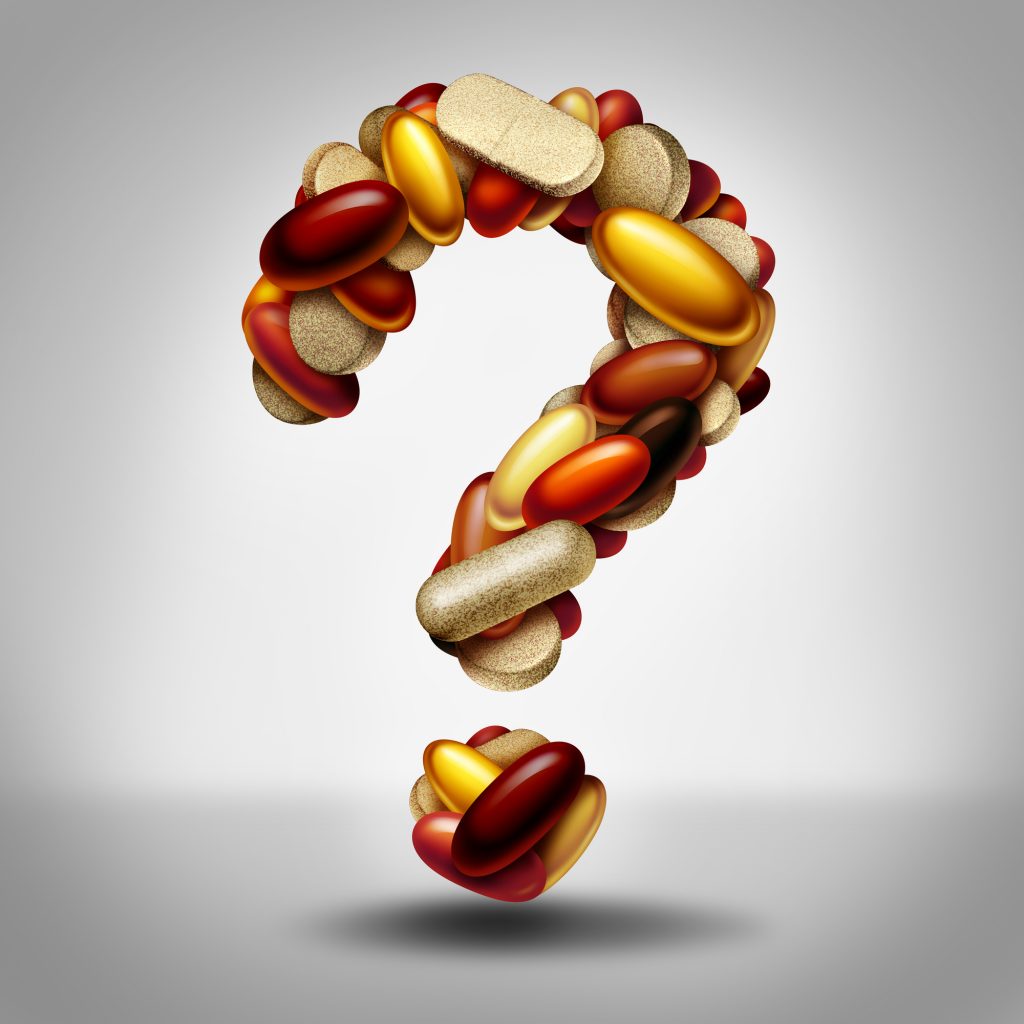
Quest For Answers
My journey searching for answers began by contacting supplement suppliers. Requesting meetings with district reps and asking for research that supported their claims made on the labels.
I was ruthlessly meticulous in this undertaking. If I wasn’t satisfied with the answers I received, I immediately pulled the product from my shelves. I went from offering over 10 products to 5 and then finally down to 3.
I broke ties with consultants that suggested supplements were necessary in building a practice and fired the majority of my suppliers. Now I had to have the honest conversation with my patients that not all supplements were essential for healthier living. In some cases, they can even be unsafe.
More Is Not Always Better
I recall as an intern meeting a patient who had permanent liver damage because she overdosed on iron supplements. Her family physician had ordered blood work that indicated she had low Iron levels and suggested supplementation.
Unfortunately, more is not always better. After taking the recommended dose and seeing no increase in her levels, she continued to take more until one day she had caused irreversible liver damage. This was a supplement that anyone could easily purchase from a drug or natural food store.
Click here to read, “The Role of Iron in Your Diet”.
Proof Is NOT In The Pudding
Most supplements have no sufficient clinical data to support their continued use. Also, I realized people who were supplementing for years showed little to any improvement in their conditions.
A supplement is intended to address a temporary deficiency where without such supplementation, would lead to less than optimal bodily function. I felt as if I was enabling poor behavior that lead to ultimate failure in clinical outcomes. Especially for those patients who where using a multi vitamin or supplements and not changing their lifestyle to address their deficiency.
In fact, If you read the stats, you will learn that the vitamin industry rakes in billions but were consumers getting any healthier? My feeling was that they weren’t.
Replace The Multi Vitamin With A Good Diet!
The reality is that people must get most of their nutrients and minerals naturally through food. Good food is what most people need to introduce into their diets to help them achieve;
The only argument in favour of supplementation is when the product is ESSENTIAL for optimal living. Here are my top 3 essentials.
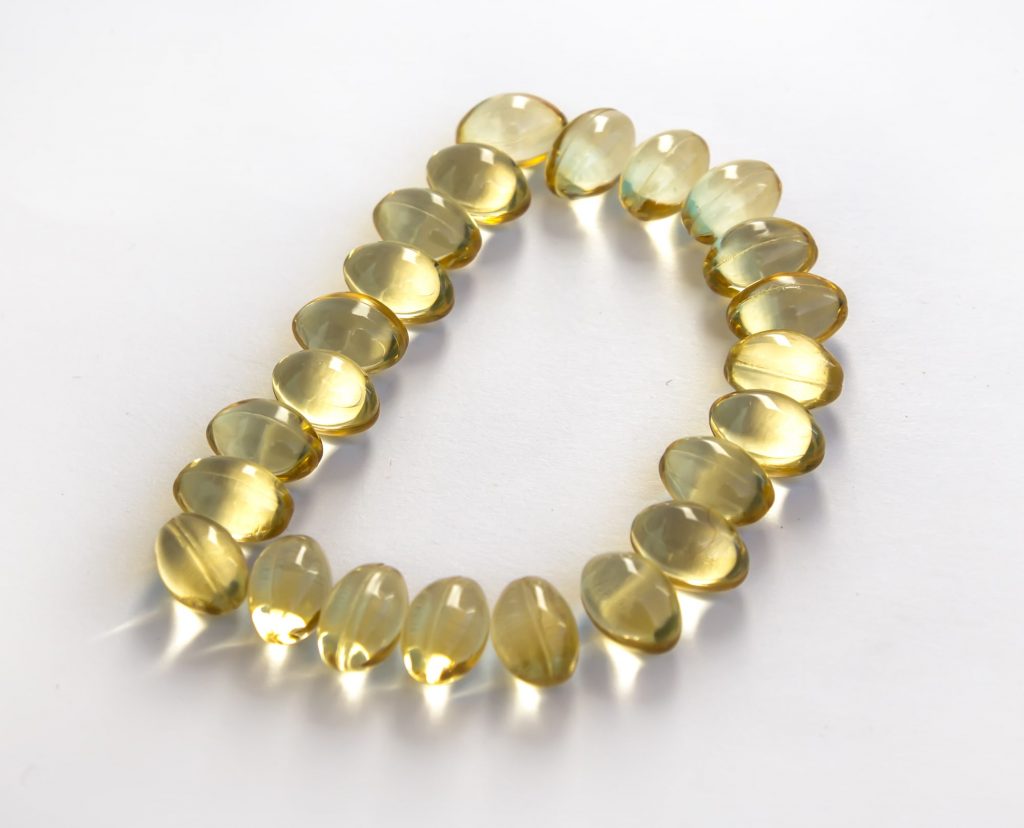
1. Vitamin D
Technically, Vitamin D is not necessary during summer months for most healthy people. Just go outside and look up during the day. See that bright structure in the sky? It’s called the sun and it’s responsible for activating the Vitamin D3 through your skin by way of certain ultraviolet rays it emits. Here’s the best part. It’s FREE. But what about Winter months in Northern climates like Canada? This is where it’s needed in greater amounts because a healthy-er dose is not absorbed for OPTIMAL function.
You certainly may not die if you don’t get enough. However, certain populations are particularly at risk. For example, the elderly as they may spend increased time indoors and do not (or can not) partake in the type of physical activity needed to build stronger bones.
Significant deficiency can also lead to diseases like Rickets. In these circumstances Vitamin D is strongly encouraged. This is why in Canada (particularly Ontario), the public health insurance program pays for Vitamin D testing for people at risk of osteoporosis as well as other conditions.
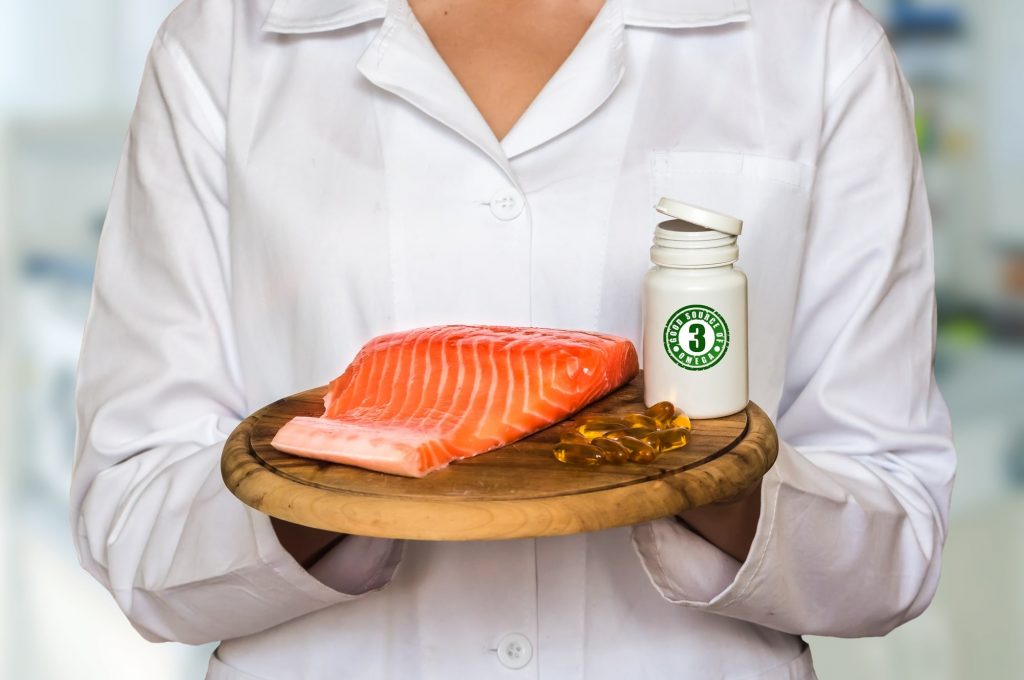
2. Omega-3
The second essential product that is necessary are Omega-3 essential fatty acids. Truth be told, we could get these from eating varieties of wild caught fish. However, ask yourself this, “how much fish did you consume in the last 30 days?” For most of us the answer will clearly be “not enough.” Which is why it is essential for the promotion of health and prevention of disease.
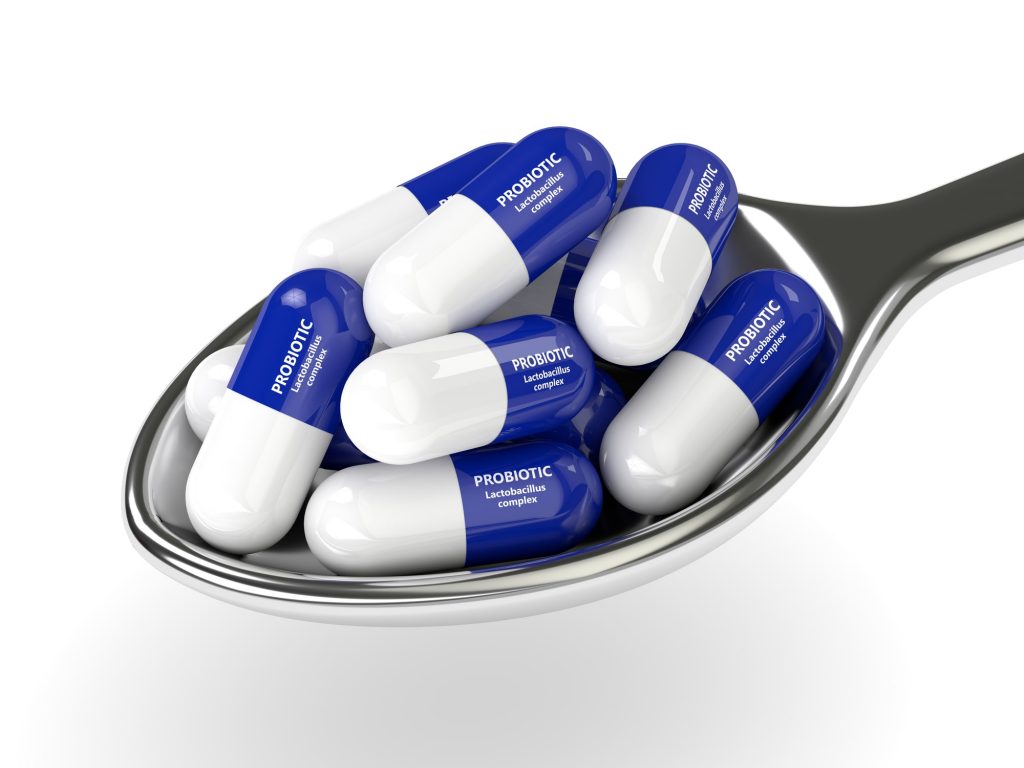
3. Probiotics
The third and last supplement I encourage and recommend to patients are probiotics. Probiotics are species of bacteria with health promoting properties that we need for proper digestion of food and immune defense. However, most of us think of bacteria as bad. While we are quick to take antibiotics which attack illness promoting bacteria, not all bacteria are the same.
Good bacteria are needed in our gastrointestinal tract because they help maintain a healthy environment in our guts. They were personally a life-saver for me after taking antibiotics for many years in my youth to constantly battle throat infections.
Click here to read, “What’s The Big Deal About Probiotics?”
Final Thoughts
I know a number of researchers will back the opinions I’ve outlined in this article. However, eating healthy natural whole foods will significantly improve;
Taking a multi vitamin or supplements should NOT take the place of a balanced and healthy diet. Keep it simple folks. Answers are right in front of you and have sustained our species since we began walking this Earth. It’s time we started looking within as the answer is not always in a pill bottle.
Dr. Nenos has been a Hamiltonian since 1990. He completed his undergraduate education at the University of Western Ontario and earned a Bachelor of Health Science degree with Honors. It was in his first year of university that he learned of a profession called Chiropractic. At the time, Dr. Nenos was considering pursuing medicine. Shortly after speaking with many prominent chiropractors and eventually becoming a patient himself, he realized that there was more to this profession than just neck or back pain.
After deciding to pursue Chiropractic he attended the only English speaking school in Canada, the Canadian Memorial Chiropractic College (CMCC) in Toronto Ontario. He was actively involved at the college which ultimately earned him the Raymond Moss Award. While attending CMCC he was also honoured to receive a grant from the Canadian Institute of Health Research to conduct research in the field of anatomy. He graduated with a Doctor of Chiropractic Degree in 2008 and shortly after began practicing as an examination doctor in one of the busiest Chiropractic Clinics in the Golden Horseshoe Area. Shortly after Dr. Nenos followed his heart and decided to open Tree of Life Chiropractic in his hometown of Hamilton.
Dr. Nenos is actively engaged in the community. He served as Canadian Director of the Assyrian Medical Society for a period of time, a humanitarian organization dedicated to serving children, families, and their communities stricken by the war and famine in the Middle East. The organization’s leadership is based on accountability, transparency and honesty which is a reflection of his practice. He is also a runner and triathlete and competes mainly in half marathon distances (21.1 Km). Today, Tree of Life Chiropractic is blessed to serve patients from Hamilton and surrounding areas. He is also the health expert on the local TV show Hamilton Life and can be seen on Cable 14 producing content for his own health show. He is passionate about topics of health relating to the spine and nervous system, nutrition, mind, and exercise.
“My passion is helping people transform their lives by adopting a healthy lifestyle.”
~ Dr. Nenos Damerchie

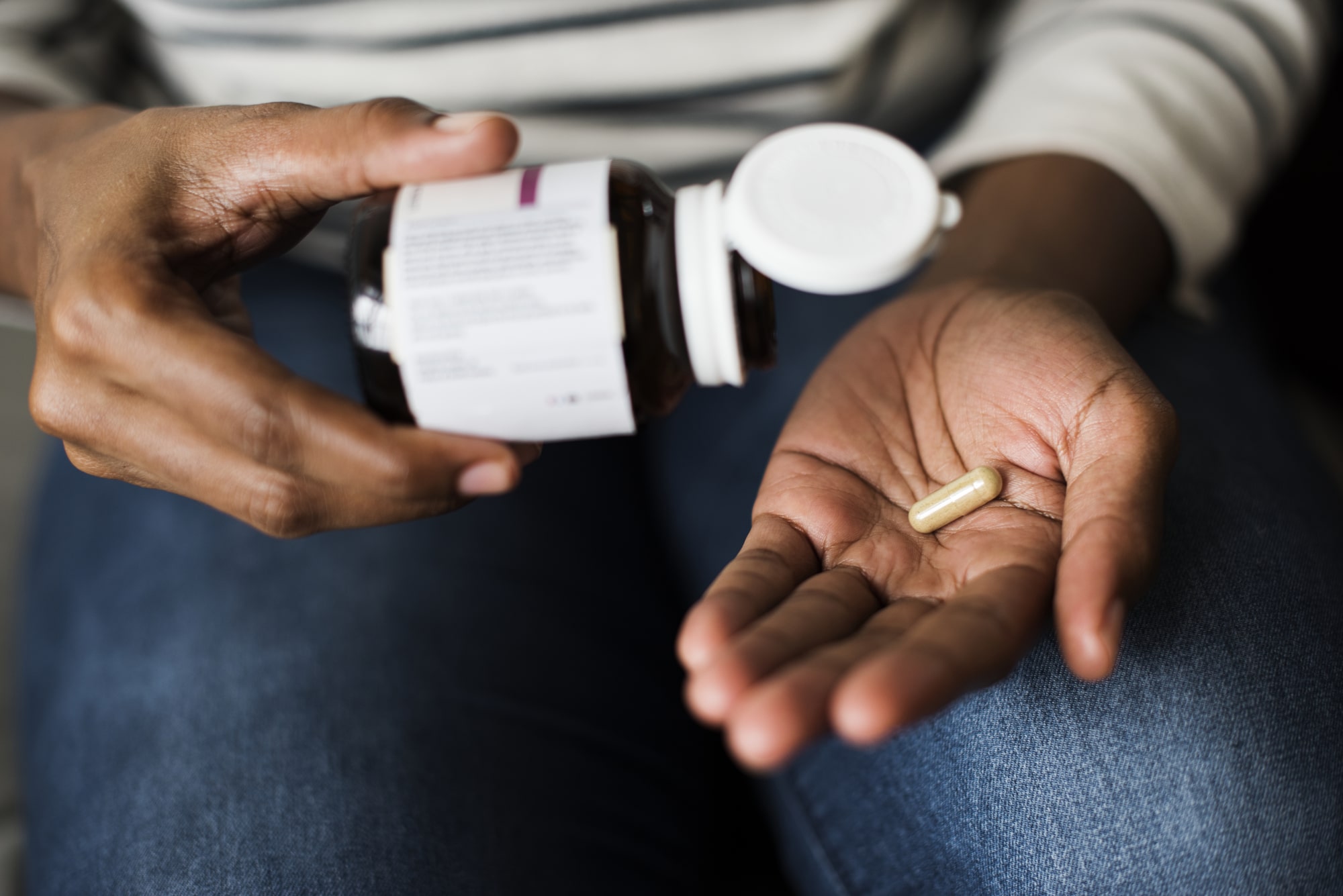
Thank you Dr Nenos !!
My pleasure Carol 🙂
Thank you for such great insights.
What us your take on Vitamin V12 supplements for elderly or B complex supplements?
Correction: Vitamin B12
The elderly have special needs. If deficiency is suspected, tests would determine if there’s a need to supplement. Vitamin B12 can be obtained from food in adequate amounts. However, some people including the elderly have absorption issues and in those cases a supplement could help. Of course there are multiple factors concerning why someone may want to supplement thus it’s important to have this conversation with your doctor to determine if you are a good candidate for certain supplements.